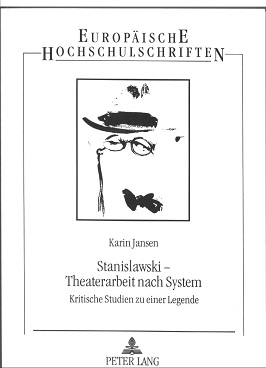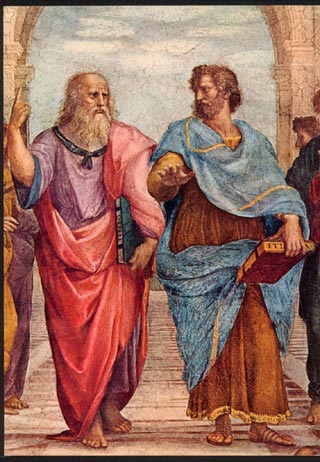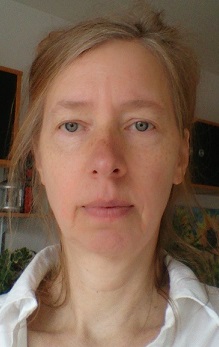Einstein's Credo
What an extraordinary situation is that of us earthlings! Each of us is here for a brief sojourn;
for what purpose he knows not, though he sometimes thinks he feels it.
But from the point of view of daily life, without going deeper,
we know we exist for our fellow human beings .....
With these words Einstein begins an essay from 1930/31, which is later published in his book in the English original "The world as I see it". (1) The ingenious physicist evidently understood our world, the earth, and us humans from outer space, which is basically obvious to him. Humans as earth childs. And he directly poses the question of meaning, the question of philosophy and religions. To see the human being as a child I consider an interesting starting point.
Es erinnert an die Bibel, an die Menschen als Gottes Kinder und somit als notwendig zu Belehrende, die - vor allem auch moralische - Verhaltensregeln benötigen, die aber gleichzeitg an die "Schönheit und Erhabenheit der Welt" erinnert werden mögen. It is reminiscent of the Bible, to the people as God's children and thus as necessary to instructors who - especially moral - need rules of conduct, but at the same time be reminded of the "beauty and grandeur of the world".
< img src="http://vg02.met.vgwort.de/na/5c779440c0b74268a3e538f6dd61273a" width="1" height="1" alt="">
Einstein, with his philosophical writing, proves himself to be a man of noble ideals, of an extraordinary sense of social justice and human coexistence, of humanity and, indeed, of the protection of animals. He was a great advocate of the freedom and importance of individual living and nonviolence. His remarks on the importance of the individual are to be emphasized in the context of personality training. I think that some of his rather negative remarks about groups of people, the "people in the stupid herd", were due to the fact that they were linked to National Socialism because compulsion and military destroyed the self-reliance of the individual. He clearly saw that a society can only develop when its individuals develop.
"Without creative, independently thinking and judging personalities the upward developement of society is as unthinkable as the developement of the individual personality without the nourishing of the community. The health of society thus depends quite as much on the independence of the individuals composing it as on their close political cohesian." (1)
Einsteins philosophisches Denken wurzelte in seiner jüdischen Herkunft. ... Mehr
© 7. Januar 2015, translation 2018, Karin Jansen. All rights deserved.
(1) Der oben stehende Text ist um 1930/ 31 entstanden, in englischer Fassung in ausführlicher Version als Essay im 13. Band der „Living Philosophies“ New York abgedruckt unter dem Titel "The World As I See It" Textquelle: Albert Einstein. Mein Weltbild. Herausgegeben von Carl Seelig, 29. Auflage 2005
© Copyright and law of quotes
Please note the copyright of texts and pictures as well as law of using quotations.
Also few single sentences - quotations - need for spreading and publishing the credit of its creator and the indication of the place where they are published. In case of doubt contact and ask for permission. Contact
Merken
Under staph 4 You -YOU 4 staph voluntarily amounts are gladly accepted.
For *To pay with PayPal marked articlesyou need a username as well as a password. Please request at info@staphtraining.de.
For an amount of 5 €, or more, via PayPal you'll recieve after receipt of payment as soon as possible the permantly valid acitivation code.
You will also lean more about Einstein's Credo, part one and two. You will be informed about new articles.
These are short essayistic articles. You thus support the high quality work of the Studio applied Philosophy.






